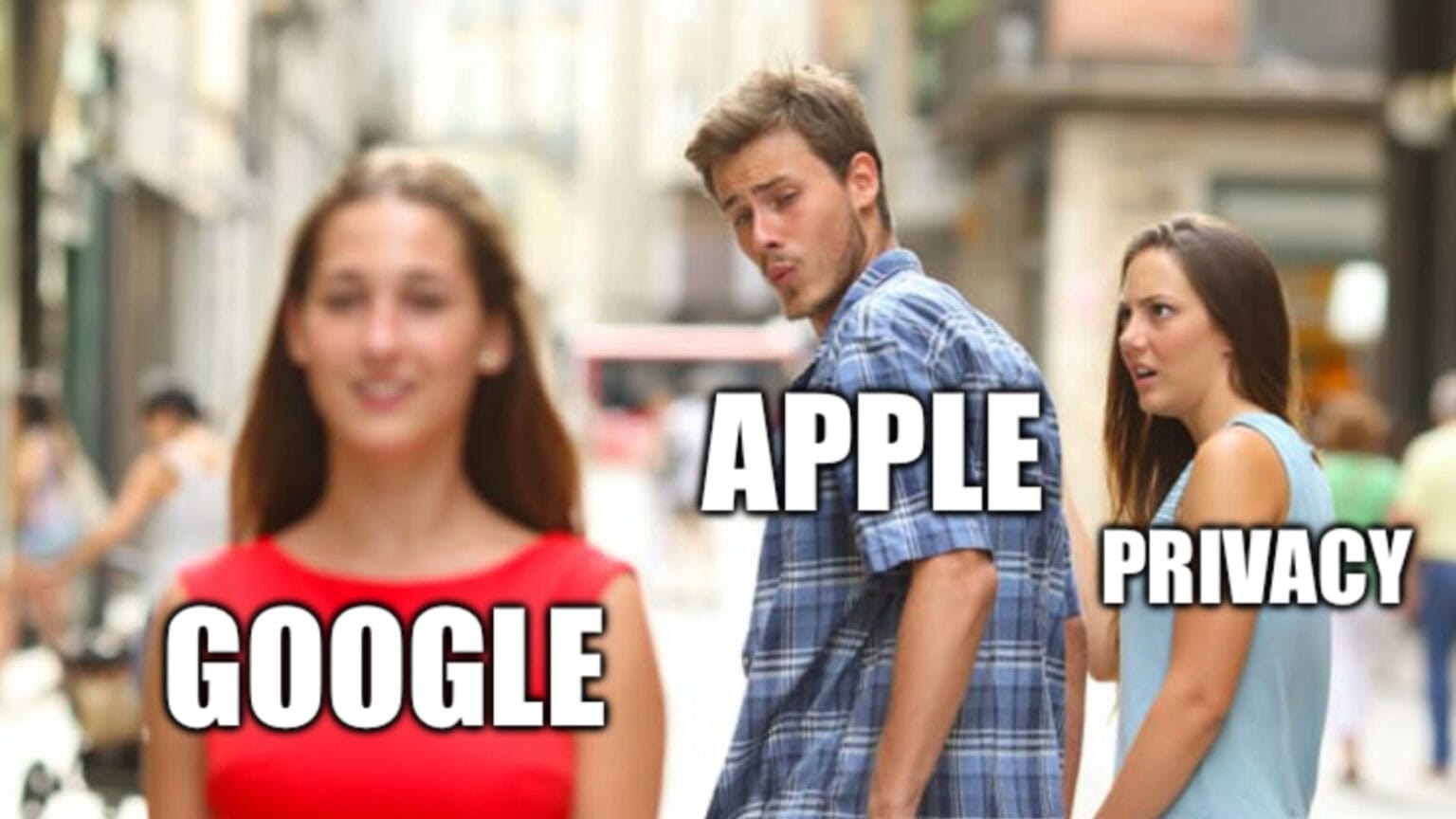Apple should never have entered into the deal that had Google paying billions every year to be the default search engine for iPhone, Mac and iPad. And it’s shameful that it’ll take a court order to finally make Apple do the right thing
A company that claims to carefully protect the privacy of its users shouldn’t be part of an arrangement that steered those users toward Google, whose business is built on privacy violation.
Google deal made a mockery of Apple’s privacy promises
Apple CEO Tim Cook said “privacy is a fundamental human right” in 2021, and promised that his company works hard to embed privacy protections in every product it makes. The claim that privacy is fundamental to Apple is something other execs have reiterated over the years.
Google, on the other hand, is an advertising company — 78% of its revenue comes from ads. That business is very profitable because Google builds profiles on all of us. These are populated with what we search for, plus data from any other Google services we use. It’s why all the company’s apps are free: Our private information is used to sell ads.
Apple, a company that promises to protect user privacy, has no business making a deal that steers users toward Google, a company that tracks users in every way it can. And that’s exactly what their deal did. An online search with the Safari web browser gets results from Google by default. Apple devices guide users to Google.
Apple kept a fig leaf covering its shame by allowing people to change the default search engine in Safari, but they must do so manually. Otherwise, it’s Google.
Reputation is more important than cash
I get it: Google pays Apple $15 billion or $20 billion a year to become the default search engine on Apple devices. That’s a hefty amount, even to the world’s most valuable publicly traded company. It’s as much as 5% of Apple’s entire revenue for 2023.
But the deal makes a mockery of Apple’s claims of protecting user privacy. By steering users toward Google, Apple essentially says, “We protect your privacy … unless the check is big enough. Then we’ll do anything.”
It’s worth $20 billion a year for Apple to be able to say it protects user privacy and actually mean it. One of the reasons many of us buy iPhones and other Apple products is because we know Android is a privacy nightmare. We’ll be more comfortable choosing Apple in the future if the company’s not in bed with Google.
Apple needs to move past Google
We don’t know all the changes U.S. District Judge Amit Mehta will order to break Google’s monopoly on internet search. He might not know himself yet. But Mehta specifically said paying Apple and others to become their default search engine violates U.S. antitrust law. Those payments definitely will end.
Yes, most of us will keep Google as our search engine. But that’s our choice. It isn’t one that Apple steered us to make because of a business deal that never should have happened in the first place.
While ending shady Google payments will cost Apple billions, it also frees the company to make changes that are critical for its future. In the coming years, artificial intelligence will transform the way we use our iPhones, and Apple needs an AI-powered search engine. It’s now free to either build one or make a deal that gives it access to the best one available. It doesn’t have to be Google’s.
And Apple, whatever new arrangements need to be made for that to happen, no more ethically questionable business deals, OK? The one with Google was a stain on your reputation — don’t replace it with another. No matter how many zeros are on the check.


